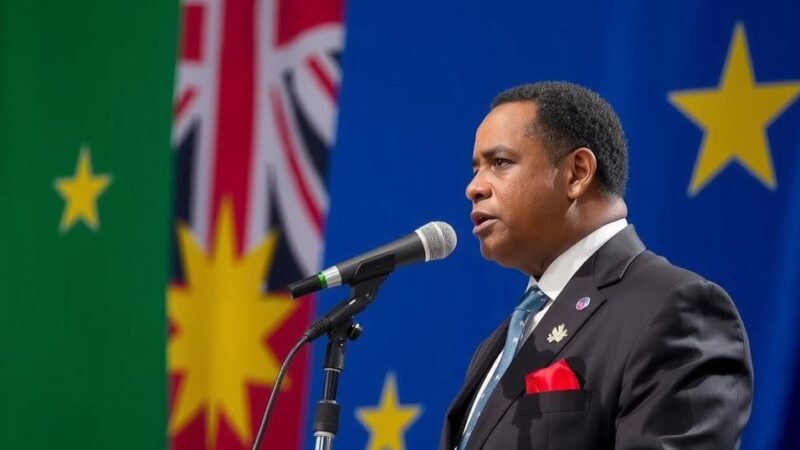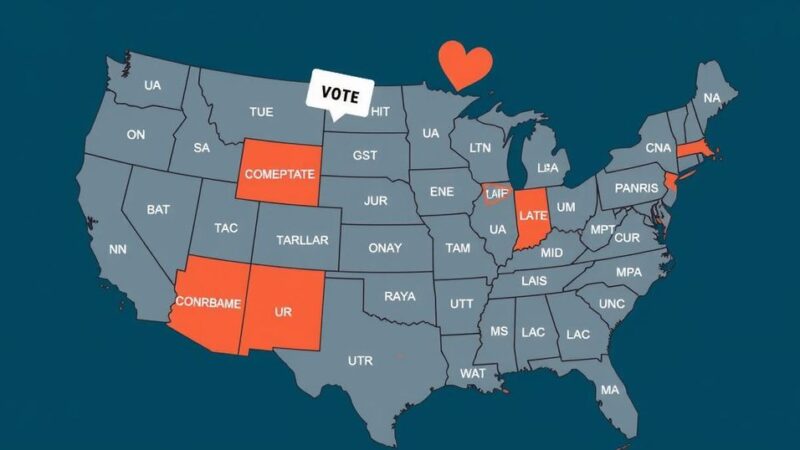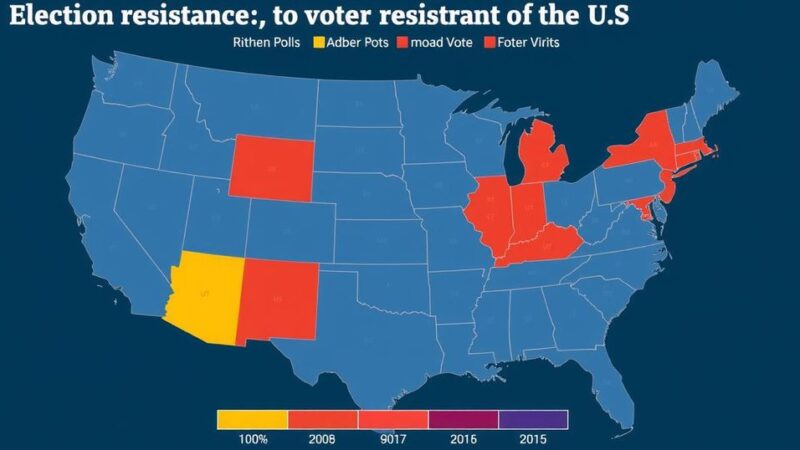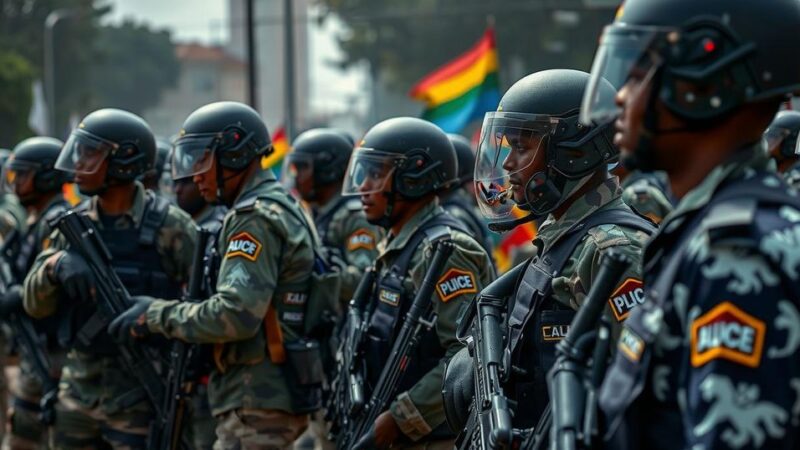Abdirahman Mohamed Abdullahi, leader of the opposition Waddani Party, has won the presidential election in Somaliland with nearly 64% of the vote, defeating incumbent Muse Bihi Abdi. Both candidates committed to economic recovery and seeking international recognition for Somaliland, which has remained unrecognized since its independence in 1991. Abdullahi’s victory may signal a renewed effort towards gaining formal acknowledgment from the international community.
Abdirahman Mohamed Abdullahi, known as “Irro,” has been elected president of Somaliland, a self-declared state that has sought international recognition since its 1991 independence from Somalia. According to the Somaliland National Electoral Commission, Abdullahi secured nearly 64 percent of the votes, decisively defeating the incumbent president Muse Bihi Abdi, who received approximately 35 percent. Both candidates campaigned on promises to revive the local economy and enhance efforts to gain formal recognition from the global community. Despite being politically stable, Somaliland faces challenges as it remains unrecognized by any country, which limits its access to international financing and travel options for its population of six million. The recent elections were postponed for two years due to financial issues. With the election of Abdullahi, there is heightened anticipation that the new administration will push for international acknowledgment, a sentiment that has found support among some officials in the previous Trump administration. The government in Hargeisa is also working on a controversial agreement with Ethiopia that would grant it sea access, a move that has stirred tensions with Somalia.
Somaliland declared independence from Somalia during the civil unrest in 1991, establishing a separate governance structure, economy, and security system. Despite these developments, Somaliland is not recognized as a sovereign state, which has significant implications for its economic viability and diplomatic engagement. The political context of this region is shaped by its aspirations for recognition, which has gained attention from international actors, especially the United States. The recent elections reflect the region’s ongoing quest for legitimacy on the world stage.
The recent presidential election in Somaliland marks a significant political shift with the election of Abdullahi, who promises to advocate for international recognition while steering the region toward economic recovery. Despite its relative stability compared to Somalia, Somaliland continues to grapple with the challenges of unrecognized statehood, limiting its opportunities on the global front. The new government faces the tasks of fulfilling electoral promises and navigating delicate diplomatic relations, especially concerning its agreement with Ethiopia.
Original Source: www.aljazeera.com





